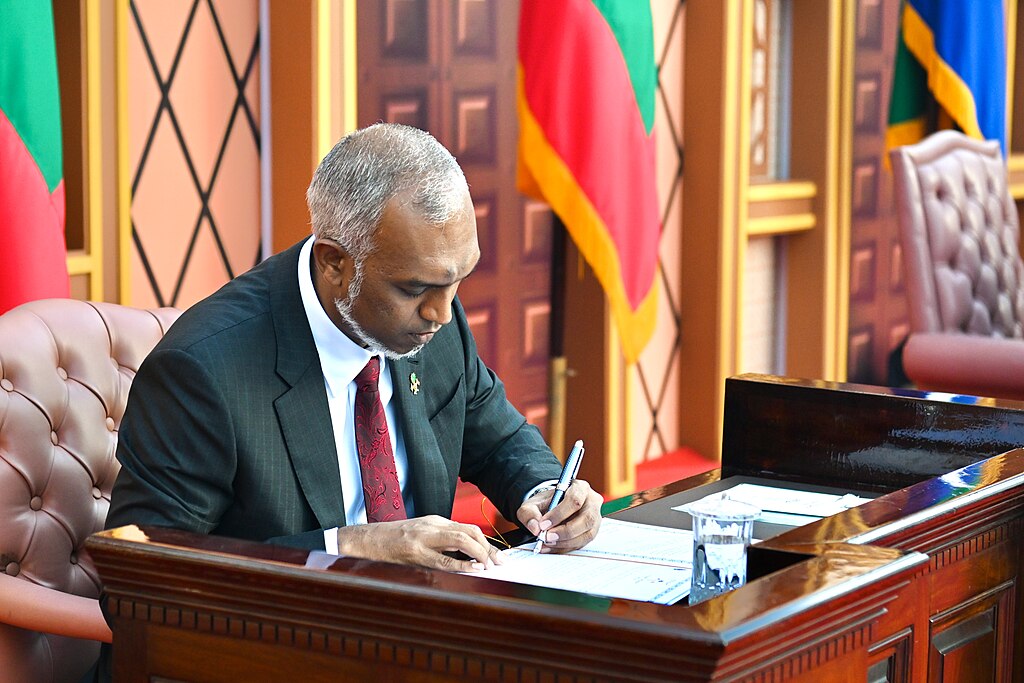A coalition of nine human rights organizations has called on the Maldives to reject proposed legislative amendments aimed at reinstating the death penalty for drug trafficking. This plea comes following an announcement from President Dr. Mohamed Muizzu, who indicated that a review of the amendments to the Drug Act (No. 17/2011) would take place. The proposed changes would introduce the death penalty for individuals convicted of smuggling drugs, a move critics argue is both archaic and inhumane.
The proposed legislation was first introduced in Parliament in December 2024 as part of the government’s efforts to intensify punitive measures against the illicit drug trade. This push comes in the wake of alarming statistics from the Maldives Bureau of Statistics, which reported over 50,000 drug cases between 2016 and 2023. Additionally, the country has seen an increase in opiate-positive tests, raising public concern about rising crime rates linked to drug trafficking.
Concerns Over Human Rights Violations
Rights organizations argue that reinstating the death penalty would violate the Maldives’ commitments as a state party to the International Covenant on Civil and Political Rights (ICCPR). They assert that such a policy contravenes Article 6(6) of the ICCPR, which emphasizes the goal of abolishing the death penalty and is incompatible with the state’s obligation to protect the right to life.
The United Nations has also cautioned against the use of capital punishment, highlighting that while the right to life is paramount, any justification for its deprivation must be interpreted rigorously. The UN stipulates that the death penalty should be reserved for the most serious crimes, typically those involving intentional killing. Expanding it to lesser offenses, such as drug trafficking, not only undermines international human rights standards but also risks arbitrary deprivation of life.
Critique of Policy Effectiveness
The argument that the death penalty serves as a deterrent to drug-related crime is viewed as outdated. Critics highlight that such measures disproportionately target vulnerable low-level offenders, often referred to as drug mules, while the individuals orchestrating the drug trade remain unaffected. Effective eradication of the drug trade, they argue, requires a comprehensive approach that focuses on prosecuting the masterminds behind these operations rather than punishing those at the bottom of the hierarchy.
The coalition of rights groups maintains that the Maldives should prioritize approaches that address the root causes of drug trafficking, emphasizing rehabilitation and prevention rather than retribution. They urge lawmakers to consider the implications of introducing the death penalty and to align their policies with international human rights obligations.
As discussions surrounding the proposed amendments continue, the international community is watching closely. The outcome could significantly impact the Maldives’ human rights record and its commitment to uphold international standards.
